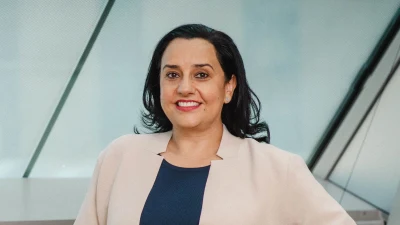The case for avoiding company meetings


Meeting with company management opens up the possibility of being swayed by their opinion, according to Australian Eagle Asset Management, meaning decisions on stocks could be made incorrectly.
The firm said it had not had any company management meetings over the past year or used broker research as it preferred to rely on its own internal research. It also looked at managements’ track record, conduct and public pronouncements.
Speaking to Money Management, Sean Sequeira, chief investment officer, said: “We don’t rate a company based on the management as we don’t want to fall for any spin or marketing talk, their job is to educate their stakeholders and to go out and market themselves. The only thing the management affects is the size of the position we will take in the company.
“We are interested in the changes of the company over the long term and if that doesn’t occur then we will sell the stock rather than discuss it with them because we don’t want them to try to convince us or talk us out of it.”
He had he had made decisions in the past that he regretted or where he lost money because he had gone against his instinct and been swayed by company management.
The company said the only time it did speak with company management was on environmental, social and governance (ESG) issues which were not disclosed in their company reports. This typically included areas such as governance, accident ratios and labour usage.
The firm sought to select stocks which had a strong market presence, in a growing sector, where the management had a history of making quality decisions, a minority shareholder focus and where the market underappreciates upcoming change. It often sought specific ‘objective triggers for change’ such as acquisitions, new products or sustainable cost-cutting which would lead to a share price rise in the future.
Australian Eagle ran two Australian equities funds; Growth High Conviction Equities and the Long-Short fund and Sequeira said it was looking to open its Growth High Conviction Equities fund to the retail market.
This was because it was harder for retail investors to invest or have a mandate for the long-short vehicle so the firm wanted a second available option.
Recommended for you
Selfwealth has provided an update on the status of its scheme implementation deed with Bell Financial Group as well as whether rival bidder Svava remains in the picture.
Magellan Financial Group has reported its first half FY25 results while appointing a new chief financial officer and promoting Sophia Rahmani to chief executive.
Schroders Australia has launched two active ETFs and plans to further expand its listed range over the year ahead.
Platform Netwealth has reported its financial results for the first half of FY25, reporting an 80 per cent increase in net flows, with its CEO viewing a “huge opportunity” from private assets.















